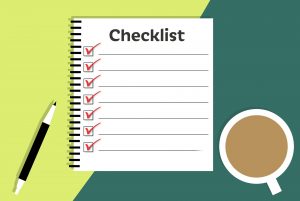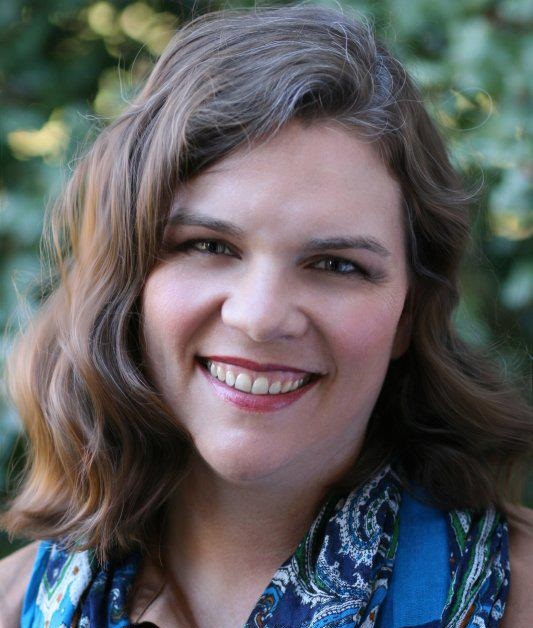Interviewing for Research

One thing about my personality – I’m an introvert. I realize, as I type this, that I’m writing to a group of mostly introverts, so you know my pain. I don’t know what it is about a writer’s mind that makes interacting with living, breathing human beings so hard. Give me my mind-full of characters any day!
As a part of that side of my personality, I hate asking for help mainly because I hate being told no, suffering from rejection, feeling like no one really wants to talk to me in the first place. I’m sure, since so many of you are likely introverts, you know exactly what I’m talking about.
However, as a writer, it’s imperative, sometimes, to ask for help – to reach out to other living, breathing human beings and interact with them in a way that you need for your work. And that’s in the form of interviewing people for research.
The first time I called someone to ask for help writing a book, it was a friend’s husband who was a fireman. When I realized that I needed the help, that what I wanted to know couldn’t be found in the research section of the library (this was 1999, friends – I didn’t yet have dial-up AOL to access me with online research), it took me days to approach him. I started to dial the phone probably fifteen times. The whole time it rang, I thought, “He’s going to laugh at me. He’s going to think I’m some silly girl.”
Want to know what actually happened? He was thrilled! He invited me to talk to another fireman who had worked in Chicago – the setting of my story – and connected the two of us together. That man asked if he could be in the book some way. Their entire firehouse became involved in my project and they beta read it for me as I produced it.
Fast forward sixteen years. At this point, I’ve become a very successful author. I had eight books published and most of my books ranked in the top 20 of their categories on Amazon. I sold thousands of books a month. The last two suspense novels I’d written, my amazing husband was my research point – one dealt in information security, the other dealt in special forces operations. My husband fits both those bills.
 This time, I needed to speak to a prosecuting attorney in Richmond, Virginia. I stared at the screen with the contact information for a solid day. I hung up on the poor operator twice. Finally, I sent an email (instead of calling, because who wants to be bothered by me?) and got a phone call from the state attorney instead of the city attorney. He was fascinated with my story and connected me with the person I needed to interview. She invited me to her office and I was able to spend a morning interviewing her, looking through crime scene photos, looking through court exhibits, then spend a few hours in the courtroom watching everything happen.
This time, I needed to speak to a prosecuting attorney in Richmond, Virginia. I stared at the screen with the contact information for a solid day. I hung up on the poor operator twice. Finally, I sent an email (instead of calling, because who wants to be bothered by me?) and got a phone call from the state attorney instead of the city attorney. He was fascinated with my story and connected me with the person I needed to interview. She invited me to her office and I was able to spend a morning interviewing her, looking through crime scene photos, looking through court exhibits, then spend a few hours in the courtroom watching everything happen.
She wasn’t bothered. She didn’t give any impression that what I needed to know was “silly”. She just graciously shared her knowledge with me and offered to answer further questions I might come across as I wrote. The more we talked, the more excited she became about my upcoming story.
 Now, with almost 30 books under my belt, reaching out for help is much easier. I’ve walked through a mega-church with the facilities director next to me carrying the blueprints for the church as we discuss the best way to blow it up. I’ve sat backstage at a major concert and interviewed stage hands as the took breaks between setup and tear down. I’ve sat down with a Federal Marshal and discussed witness protection and marshaling things. My recent release, Jade’s Match, is about two Olympic athletes – one from the Rio Games, one from the upcoming Korean Games. I dug around Team USA’s website, found the hockey contact information, and had a back-and-forth email exchange with the Director of Communications – who was so gracious to fill in the blanks for me and give me what he could give me in the name of research.
Now, with almost 30 books under my belt, reaching out for help is much easier. I’ve walked through a mega-church with the facilities director next to me carrying the blueprints for the church as we discuss the best way to blow it up. I’ve sat backstage at a major concert and interviewed stage hands as the took breaks between setup and tear down. I’ve sat down with a Federal Marshal and discussed witness protection and marshaling things. My recent release, Jade’s Match, is about two Olympic athletes – one from the Rio Games, one from the upcoming Korean Games. I dug around Team USA’s website, found the hockey contact information, and had a back-and-forth email exchange with the Director of Communications – who was so gracious to fill in the blanks for me and give me what he could give me in the name of research.
My point to these stories, writer friends, is no matter how fearful it is to step out and ask for help – don’t be afraid to do it. Know that most people out there would love to be asked! But, know what you need to know before you go in.
 Have a list of questions ready.
Have a list of questions ready.- Have a notebook to write down anything you need to write.
- Be prepared to have more questions once you start getting information.
- Know that as you go back to write, you’ll probably come across something else you might need to know. Ask for an open door to email or call again.
- Ask permission to write an acknowledgement thanking the person in your book.
- Mail a thank-you card. If possible, attach a copy of the book with it.
It’s a scary world out there full of living, breathing people. As hard as it is, unless I wrote stories about a homemaker with an incredible husband and three amazing children who happened to start writing Christian fiction novels – which is what I know – then interacting with those people is a requirement to continue to do what I do, and to do it well.
![]()

With nearly a million sales, Hallee Bridgeman is aUSA TODAY best-selling and award-winning Christian author who writes action-packed romantic suspense focusing on realistic characters who face real-world problems. Her work has been described as everything from refreshing to heart-stopping exciting and edgy. Hallee has served as the Director of the Kentucky Christian Writers Conference, President of the Faith-Hope-Love chapter of the Romance Writers of America, is a member of the American Christian Fiction Writers (ACFW), the American Christian Writers (ACW), and Novelists, Inc. (NINC). An accomplished speaker, Hallee has taught and inspired writers around the globe, from Sydney, Australia, to Dallas, Texas, to Portland, Oregon, to Washington, D.C., and all places in between. Hallee loves coffee, campy action movies, and regular date nights with her husband. Above all else, she loves God with all of her heart, soul, mind, and strength; has been redeemed by the blood of Christ; and relies on the presence of the Holy Spirit to guide her.


